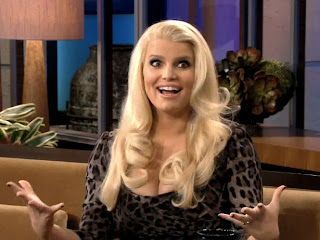I attribute so
many of the incredible things I've done in my life to my
career. I have been in a follow
vehicle covering the leaders of the Boston Marathon so closely I could feel
their sweat. I’ve
documented then faceless women heading into labor, and left the delivery room hours later holding mother
and child dear to my heart. I’ve
worn Olympic Gold Medals and precious jewels worth more money than I’ll earn in
my lifetime. Hell, I’ve even met
Jessica Simpson.
Still, some of my
most valuable experiences are those way less tangible.
Several years
ago I worked on a show that had me traveling in and out of a small American city to cover a group of teenagers periodically throughout their school year. My camera operator and I followed them
to school, athletic practices, birthday parties, spray tans and pedicures. Having spent countless hours in their homes and lives, we build relationships with these kids much stronger than
expected. I felt like their big
sister.
So after having
heard one young woman refer to something as “so gay” for the hundredth time in
interview, I chimed in.
Immediately, I learned why the parents of teenagers struggle to relate
to their kids during some of the most difficult but important
conversations.
“Have you ever
met a gay person?” I asked. She
said no, which I found shocking, seeing as I could have easily pointed out half a
dozen homosexual students in the halls of the high school she roamed daily.
More powerful
for me, though, was the fact that our cameraman- the one rolling on this
current conversation in addition to dozens of others- was gay. I wondered how he felt in that moment,
so much so that I wanted him to slip into the hot seat.
Don’t get me
wrong. I do not believe that every
homosexual man or woman wears a brand on their forehead labeling them as
such, nor should they. Our freedom
to love (and marry) whom we choose should be an individual, private, sacred and
universally respected decision.
But what I learned in that moment is too often it's ignorance that
interferes with our decisions and behavior when it comes to premature or unfair
judgment. Therefore, it becomes
our responsibility to educate. If we don't, who will?
We live in one
of the most technologically advanced societies on the globe. But when it comes down to it, our earth
is made up of water, rock and soil. (Suddenly the expression "dumb as rocks" has more meaning than ever...)
Simply put, if you want the
world to change, you’ve got to teach it to.

